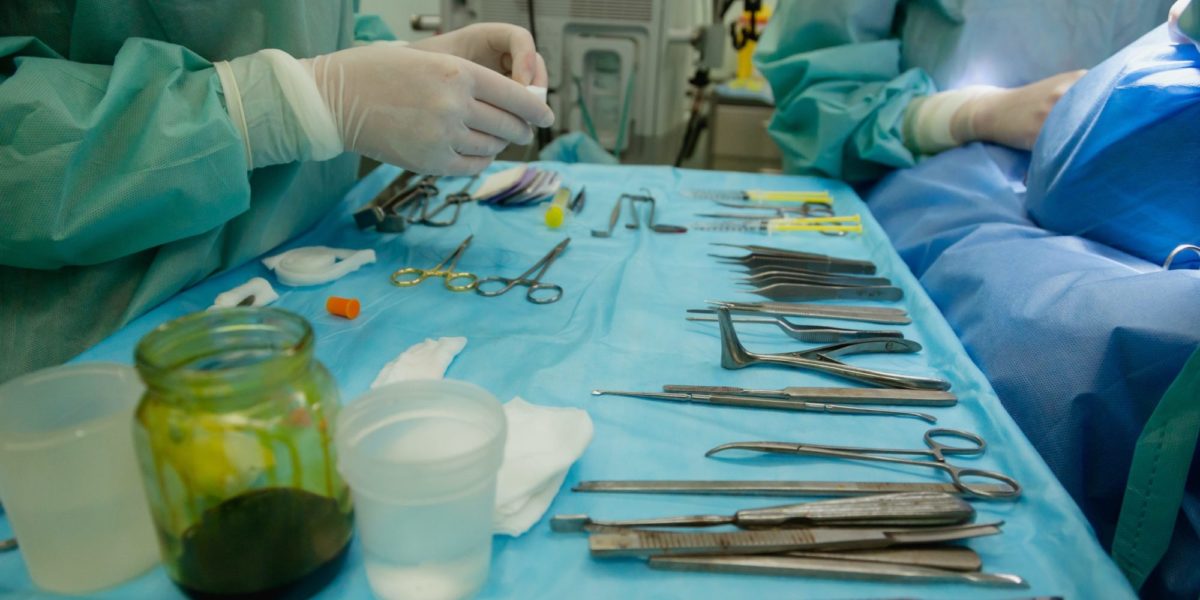Registered Nurses (RNs) at Hamilton Health Sciences (HHS) Centre were alarmed to learn that unregulated Operating Room Assistants (ORAs) will be taking on the role of operating room scrub nurse.
“An Operating Room is not a place to cut corners and make cost savings. Patients undergo surgery to deal with very serious life-threatening diseases and urgent-care needs. You need to have a health-care professional in a scrub nurse role that does more than pass instruments,” says Ontario Nurses Association (ONA) President Cathryn Hoy, RN.
Hoy points out that a patient’s condition can be unpredictable during surgery and can rapidly decline when patients lose their ability to breathe, have unexpected bleeding and other complications. The demands on scrub nurses are high but the costs to patients can be even higher.
According to the ONA, ORAs have about 22 hours of virtual training, two labs and two weeks of practical experience.
Hoy observes that, “Scrub nurses, who have a diploma or degree in nursing plus specialized credentials in perioperative nursing, are highly trained professionals who can handle emergency situations in surgery. ORAs are not able to respond to critical issues that arise.”
Despite raising concerns with management when the plan was announced and following up with the hospital’s Chief Nursing Executive who is responsible for patient and staff safety, the plan to use ORAs was implemented.
On September 1, a letter signed by 84 per cent of the Operating Room Registered Nurses (ORRNs) at the General, McMaster and Juravinski hospitals was hand-delivered to MacIsaac.
Addressed to HHS President and CEO Rob MacIsaac and the Board of Directors, the letter asked MacIsacc to immediately reverse the decision over concerns that placing less qualified and lower skilled ORAs into surgeries puts patients at risk.
“Hamilton Health Sciences and the Ford government, who granted the hospital funding that was meant to address surgical backlogs, cite this kind of ‘innovation’ as the answer. It is not,” maintains Hoy. “This plan could needlessly increase the number of surgeries because there is an increased risk of errors and medication mistakes. Hiring ORAs does not support patient safety.”
ONA is the union representing more than 68,000 registered nurses and health-care professionals, as well as 18,000 nursing student affiliates, providing care in hospitals, long-term care facilities, public health, the community, clinics and industry.



